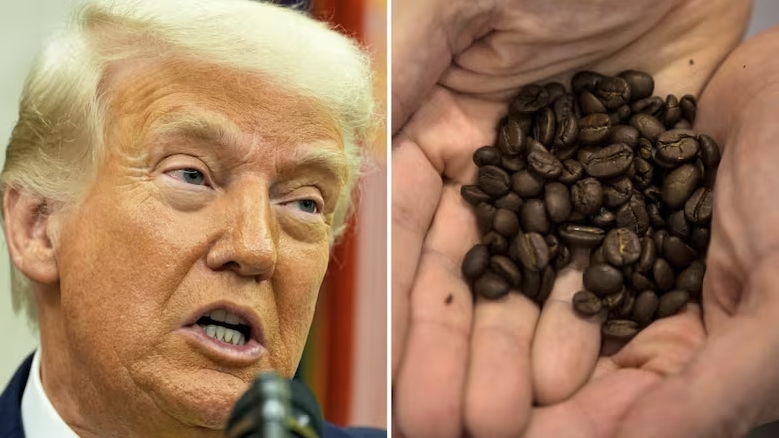Your Coffee Costs Are Going Up — U.S. Tariffs and Global Pressures Hit Canadian Roasters
Sarah Desjardins
4/21/20252 min read


Your morning coffee is about to get more expensive — and this time, it's not just inflation or supply shortages.
Canadian coffee roasters and cafés are bracing for price hikes following U.S. President Donald Trump’s decision to impose new tariffs on imported goods, including coffee from major producing countries like Vietnam, Indonesia, and India. While Trump later paused the steepest proposed rates, a baseline 10 per cent tariff on all imports is now in effect — with 25 per cent counter-tariffs being imposed by Canada on a wide range of U.S. goods in response.
While these tariffs are technically aimed at U.S. importers, many Canadian coffee companies source beans from U.S.-based middlemen. That means Canadian roasters are now paying higher costs to access the same beans, and those price increases are expected to be passed along to consumers.
“It marks a real shift from a historical relationship, where the Canadian and American coffee trade were tightly integrated,” said Stuart McCook, a University of Guelph professor who studies the history of coffee. “This is going to be a real shock for Canadian coffee businesses.”
Coffee Prices Already Rising
Even before tariffs, the cost of coffee in Canada was climbing. Statistics Canada reports a 15 per cent rise in coffee prices in B.C. between 2024 and 2025 — about a dollar more per bag on average.
Robert Carter, president of the Coffee Association of Canada (CAC), says raw coffee bean prices have hit their highest levels in years, largely due to climate impacts on global harvests.
“It’s going to be a difficult period for coffee,” Carter said. “The tariffs just add more fuel to that fire.”
Canada imported over 25 million kilograms of coffee in June 2024 alone. And with 74 per cent of Canadians drinking at least one cup a day, any price spike is likely to have a wide impact.
Canadian Coffee at a Crossroads
Trump’s broader tariff package also hits Canadian exports of roasted coffee to the U.S., slapping a 25 per cent tariff on any goods not covered under the Canada-U.S.-Mexico Agreement (CUSMA). Coffee isn't included in the agreement, meaning more than $1 billion worth of roasted coffee and related products could be affected.
That’s raised calls from some in the industry to rethink Canada’s reliance on U.S.-based coffee importers.
“It’s a great time to support local roasters,” said Matt Johnson, owner of Vancouver’s Prototype Coffee, which sources beans directly from farmers and roasts in-house. “We’re not reliant on the U.S. market, so our prices should remain more stable.”
Tariffs Prompt Ethical Coffee Conversation
Some smaller Canadian roasters may still be impacted, especially those who rely on U.S. networks to access specialty beans.
Laura Perry, owner of Luna Coffee outside Vancouver, said she expects any price increases won’t hit until summer, but she’s already thinking ahead.
“This is just another reason to reassess how coffee is valued,” she said. “We’ve underpaid for it for decades. If anything, these tariffs have shown how interconnected we all are — and why sourcing ethically matters more than ever.”
As the global coffee market reacts to trade disputes, inflation, and supply issues, Canadian consumers may have fewer cheap options. But some in the industry hope the disruption leads to a stronger, more ethical and self-reliant coffee economy here at home.
News
Stay updated with the latest BC news stories, subscribe to our newsletter today.
SUBSCRIBE
© 2025 Innovatory Labs Inc.. All rights reserved.
LINKS
